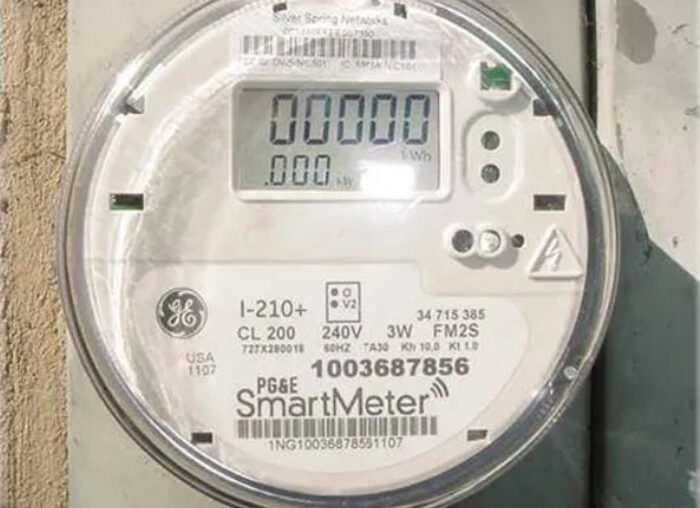VICTOR F. ZONANA at latimes.com
Sept. 23, 1988 – SAN FRANCISCO —
The Securities and Exchange Commission, though sharply critical of the Washington Public Power Supply System and others involved in the sale of $2.25 billion in municipal bonds that weren’t paid back, ended its lengthy investigation into the largest default in municipal bond history Thursday without filing charges.
The nation’s top securities watchdog attributed its decision not to take enforcement action to its own scarce resources and “the difficulty in assigning responsibility for disclosure deficiencies, under federal securities laws, in a highly complex factual situation.”
Though the SEC wouldn’t specifically comment, many on Wall Street believe that commission lawyers have their hands full with their Sept. 7 civil suit against “junk bond” king Michael Milken, his firm, Drexel Burnham Lambert Inc., and others.
The SEC on Thursday also proposed a new rule that would hold bond underwriters more accountable for scrutinizing the bonds that they sell, and it launched a special inspection of unit investment trusts. Such trusts, which resemble mutual funds, were heavy buyers of the supply system’s bonds and currently hold about $118 billion of investor assets.
Richland, Wash.-based Washington Public Power set out to build five nuclear power plants in the early 1970s amid forecasts of impending power shortages in the Pacific Northwest. But the shortages never materialized, and cost overruns and construction snafus forced the cancellation of four of the plants, earning the supply system the unwanted nickname “Whoops.”
“The outcome of the investigation is anticlimactic,” said Howard D. Sitzer, who as a municipal bond analyst for Merrill Lynch issued one of the first public warnings of the supply system’s perilous financial condition two years before the July, 1983, default. “Am I satisfied?” he added. “In a word, no.” Sitzer is currently the head of municipal research at Thompson McKinnon Securities.
The commission, embracing a 376-page staff report on the Washington Public Power affair, found that in 1980 the supply system “failed to disclose a $4.4 billion estimated budget increase” for construction of the nuclear plants. In addition, the SEC said, WPPSS that year failed to disclose that some utilities that participated in the WPPSS consortium had asked the system to study a possible slowdown or termination of the projects.
The SEC faulted bond underwriters Merrill Lynch, Salomon Bros., Prudential-Bache Securities and Smith Barney, Harris Upham for doing very little to verify the facts contained in the official offering circulars for the bonds. The brokerage firms have denied wrongdoing.
Roles Questioned
Bond counsel Wood Dawson Love & Sabatine was criticized for failing to disclose that it had qualms about the legal authority of 16 utilities to enter into the “take or pay” contracts that provided security for the bonds for plants No. 4 and No. 5.
The contracts, which obligated a total of 88 utilities to repay the $2.25 billion in bonds regardless of whether the plants were ever completed, were invalidated by the Washington state Supreme Court. The ruling precipitated the supply system’s default.
The SEC report also questioned the roles of the two major bond rating agencies, Moody’s and Standard & Poor’s, which had rated the bonds that later went into default A-1 and A+, respectively, during the underwriting period.
The SEC’s findings could help the bondholder plaintiffs in the big Washington Public Power Supply System securities fraud lawsuit which is currently being tried in Tucson after a change in venue from Seattle. Indeed, the SEC cited the existence of the Tucson case as another reason not to bring charges.

